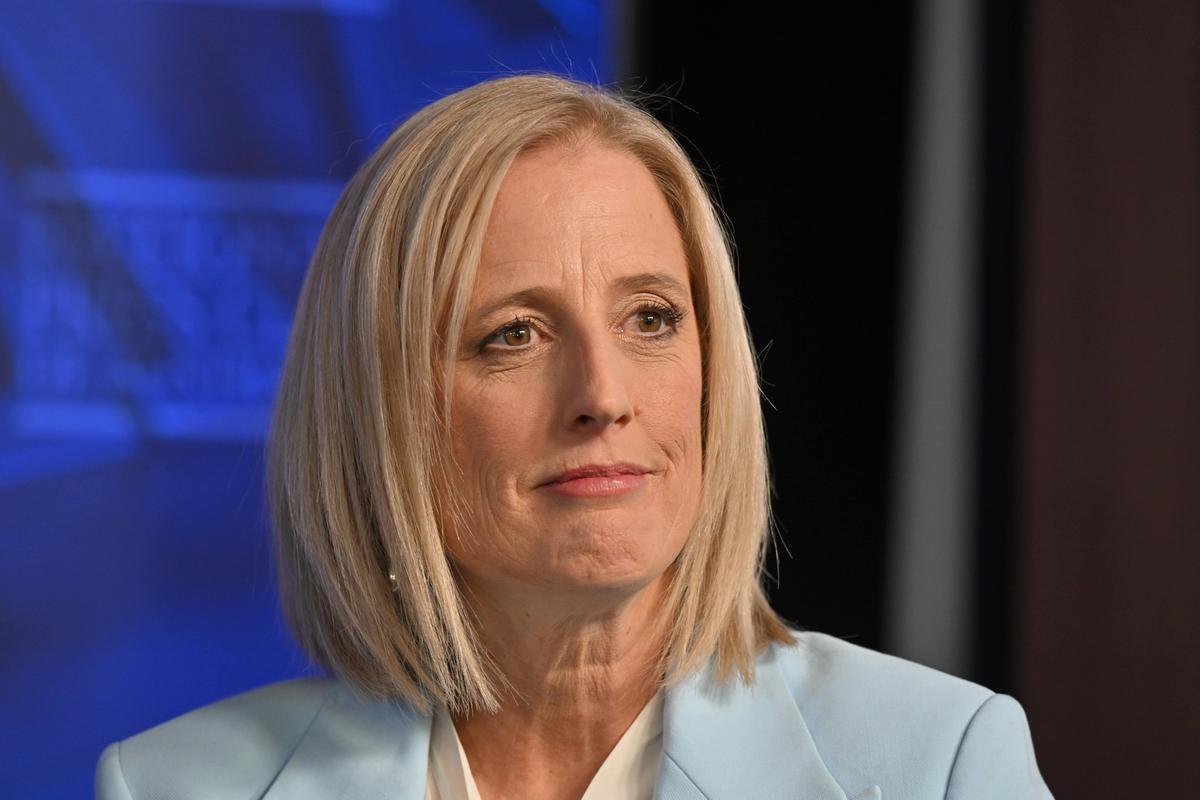The new bill passed the Senate with the support of the Greens and crossbench.
Australian businesses with over 500 workers must now meet or show they are making progress towards achieving gender equality targets, according to new changes to new amendments to the Workplace Gender Equality Act 2012.
The changes were passed through the Senate on March 26 with support from the Greens and crossbench, with the Coalition in opposition.
The laws aim to achieve equality in the workplace, compelling large employers to set up measurable targets, and work with the Workplace Gender Equality Agency (WGEA).
Businesses must choose their targets by 2025-26 and report on their progress annually.
Non-compliance could lead to disqualification from Commonwealth contracts and potential public disclosure of their failutre.
The new law affects around 2,000 businesses, covering 3.9 million employees.
Minister for women, Senator Katy Gallagher, described the law as essential for achieving long-term gender equality outcomes.
“This legislation sets up a clear pathway to accelerate employer action, ensuring that all employees are equally valued, rewarded, and safe at work,” she said.

Minister for Finance, Senator Katy Gallagher at the National Press Club in Canberra, Australia on March 7, 2024. AAP Image/Mick Tsikas
WGEA CEO Mary Wooldridge welcomed the reform, pointing to its potential to drive meaningful change, especially for employers who have not made sufficient progress on equality.
“While many employers are making great progress on gender equality, there is also a large group of employers who are not,” she said. She also noted that many employers, despite being aware of significant gender pay gaps, have not taken action to address them.
WGEA data reveals that 56 percent of affected employers are already setting gender equality targets. One-third of these businesses are ahead of the curve, meeting the new requirements by setting three or more targets.
Coalition Warns of Red Tape and Security Risks
The Coalition opposed the bill, arguing that it imposed unnecessary financial and regulatory burdens on businesses already grappling with rising costs and inflation.
In its official reply to the bill, the opposition said the WGEA had been empowered from encouraging voluntary participation to enforcing compliance.
It warned that the law could jeopardise contracts worth billions of dollars in critical sectors such as defence, agriculture, and construction, potentially undermining national security and essential services.
The Liberal-Nationals also said businesses with over 100 employees were already required to report on gender equality, while small businesses could also feel the strain.
Moreover, the Coalition raised concerns over ministerial overreach.
The Bill grants the presiding minister discretionary powers to set and adjust targets without industry consultation.
Earlier Liberal MP Colin Boyce also questioned the fairness of comparing gender pay across industries, arguing that women’s career preferences were different from men, and this would inevitably create statistical differences.
He noted that women in similar roles to men were already paid equally.
Greens Pushed for Small Businesses to be Included
Greens Leader in the Senate, Senator Larissa Waters, welcomed the legislation but argued it fell short of broader reform.
She pointed to the Greens’ amendments, which were rejected, that would have expanded the Bill’s scope to cover smaller businesses with 100 employees, not just those with over 500
The Greens also pushed for employers to set numerical goals to reduce gender pay gaps, rather than relying on more nebulous measures.
In addition, they called for stricter compliance enforcement for government contracts, proposing that companies failing to meet the targets be excluded from procurement.
Business Council Supports the Reforms
The Business Council of Australia (BCA) has expressed strong support for the reforms, particularly for the formal targets for large employers. The BCA had previously backed general reporting on gender equity matters through WGEA.
“Establishing a formal gender target scheme for larger employers whilst providing flexibility for employers to select their targets is a valuable step forward to support greater workplace gender equality,” the BCA said in a statement.
The BCA also welcomed the discretion granted to WGEA in assessing compliance, which allows the agency to consider broader corporate circumstances, such as restructures or acquisitions, when evaluating whether employers are meeting their targets.







